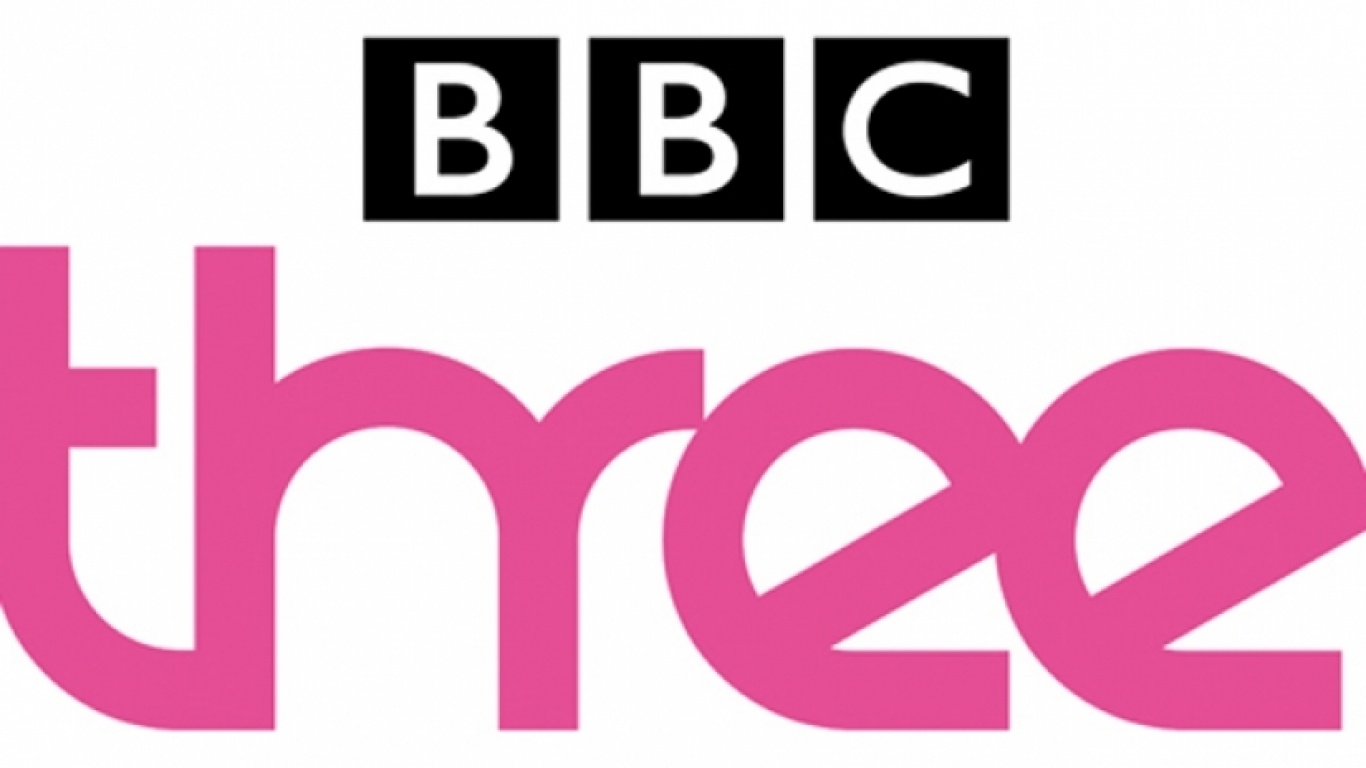
BBC3 online – has the move worked?
A world first
When BBC Three moved online four months ago, it became the first TV channel in the world to do so.
The shift was approved in November 2015 by the BBC Trust, the independent body which oversees the running of the corporation, to save around £30 million per year as part of a wide range of cuts (leaving another £30 million a year to spend on content – “80 per cent of it spent on long form and 20 per cent on new forms”, according to BBC3 controller, Damian Kavanagh).
The Trust said there was “clear public value in moving BBC Three online, as independent evidence shows younger audiences are watching more online and watching less linear TV”.
But, according to The Guardian:
Prior to the channel being taken off the airwaves, the [BBC] trust warned that almost 1 million people who watched no other BBC channel could be lost to the corporation, including almost half a million of the 16 to 34 year olds BBC3 is meant to serve.
So, four months on, we ask:

In March 2015, the BBC Trust commissioned research by ICM, which sought opinions from 3,227 UK adults aged 16 or over and found…
- Over two in five (44%) people claimed to watch BBC Three at least once a week
- The majority (85%) tended to watch BBC Three live on TV
- Television was the key device used (mentioned by 83%)
- The main reasons for not accessing BBC Three online were:
- Prefer watching it on TV (72%)
- Easier to access BBC Three programming on TV (27%)
- Watch BBC Three while browsing TV channels and do not look for specific programmes online (14%)
- Slow internet connection/broadband not sufficient to stream (15%)
More than 300,000 people signed an online petition and backed a campaign to try to block the move, suggesting it would “only make the corporation older, whiter, and more middle class”.
Offering original comedy, contemporary drama, documentaries and current affairs programming, BBC Three’s core audience of 16-34 year-olds has included a high proportion of black, Asian and minority ethnic adults, as well as those from a working class background.
But other media outlets who serve a similar audience seem not to be impressed with the channel since it went online-only.
Charity criticism


Both The Sun and Daily Mail reported criticism of the channel by Claude Knights, CEO of children’s charity Kidscape, who said:
It is giving a very disturbing view of the world. Why would the BBC be promoting or supporting this?
The BBC countered, with a spokesman saying: “BBC Three informs, educates and entertains a young audience and doesn’t shy away from covering issues that affect them. We’re proud of the role it plays in helping young people understand issues and make sense of the world.”
The BBC was never going to please everyone – producers Jimmy Mulville and Jon Thoday suggested that the shift online would cause “massive damage to the development of future television audiences and of new talent, both on and off-screen”.
And some audience loss was to be expected:


But audience figures released in April – the first since the move – reveal some success.
A number of shows, including Thirteen, a drama about an abduction, have been popular, with that particular programme receiving more than 2.4 million views on iPlayer. Others, too, have fared well: Cuckoo was watched 1.2 million times, and Murdered By My Father one million.
When BBC Three was broadcast traditionally, its most popular show was an episode of Torchwood, which reached an audience of 2.5 million when it was first aired in 2006.
Kavanagh, writing on the blog that revealed the figures, said:
These are early days for BBC Three but I’m overjoyed with what we’ve achieved so far. It’s a marathon not a sprint but so far we’ve exceeded expectations.
While all traditional programmes made by BBC Three will be broadcast on BBC One or BBC Two at some point, one major attraction of an online-only offering is that content can be produced much more quickly, and take new forms. Kavanagh said:
We’re experimenting with content of different forms and lengths. We’re going to try things and we don’t have to wait eight or nine months for things to come to fruition, then see how it goes, then take another eight or nine months to put that into effect.
Programmes and other content, such as animations and short films, are now available via a range of platforms, including…
- The channel’s website
- BBC iPlayer
- Social media:
And the channel has made creative and innovative use those platforms as it looks to extend its programming. Coinciding with the premiere of Thirteen, BBC Three launched an interactive #FindTheGirl campaign that took in YouTube, Facebook and Twitter, a blog and websites.
With new programming to include Love And Hate Crime, a trilogy of documentaries which looks at the dangers facing those who are singled out as ‘different’ in the United States, and examines recent cases of hate crime that involve love and passion as well as prejudice, and Extra Gear, a new Top Gear show, presented by Rory Reid, to bring fans “exclusive new footage, interviews, specially-recorded films and behind-the-scenes access to Top Gear”, things are progressing nicely as far as Kavanagh is concerned:
We’re taking risks which can be scary for people who are familiar with traditional TV but my advice is simple. Great content is great content and it will find its audience whatever the means of distribution.
Rival channels E4 and ITV2 both enjoyed strong starts to the year, the latter buoyed by success with new episodes of former BBC Three favourite, Family Guy, but BBC Three appears determined to offer something different in the wake of its shift online.

In The Frame - April '23

In The Frame - March '23
